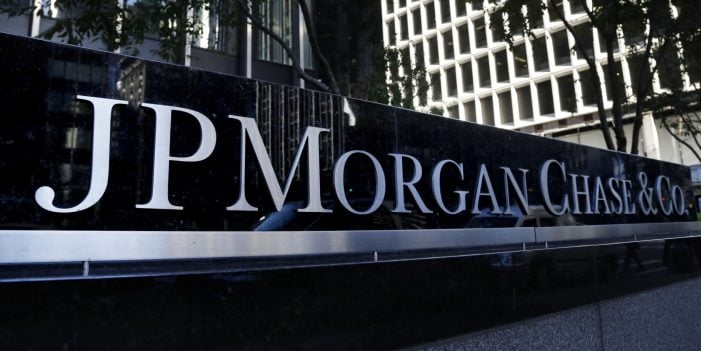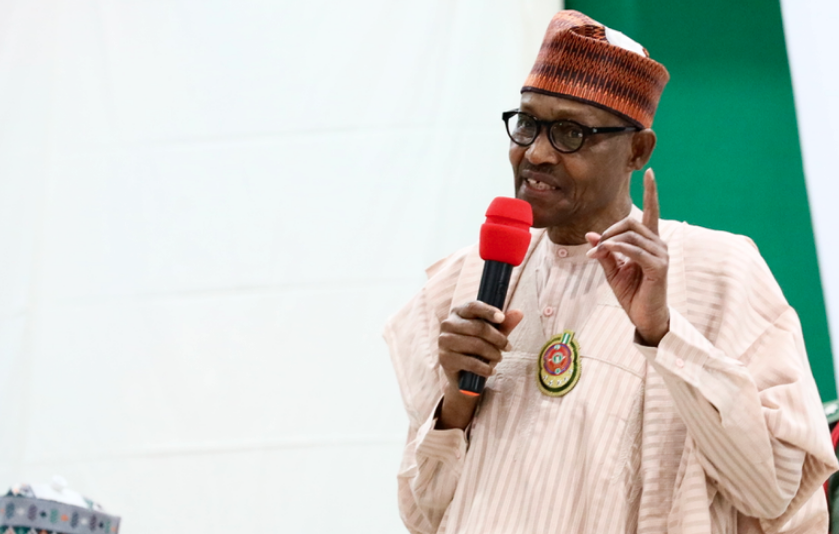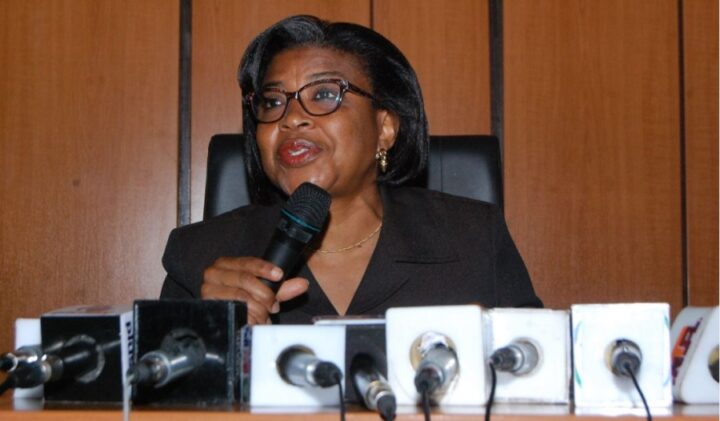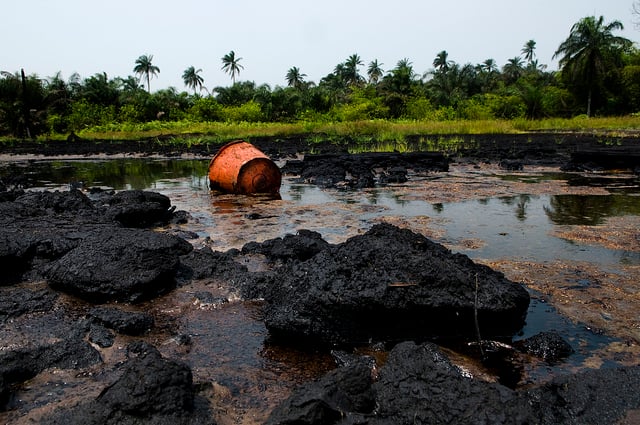A British high court has asked JP Morgan Chase to disclose more documents to the federal government of Nigeria on the handling of funds involved in the oil prospecting licence (OPL) 245 deal.
The deal involves the purchase of the offshore oil field in 2011 for $1.3 billion by Royal Dutch Shell and Eni from Malabu Oil and Gas.
It is alleged that about $1.1 billion from that ($1.3 billion) was siphoned off to politicians and middlemen.
An Italian court had acquitted Shell, Eni and other defendants of corruption charges in the oil deal.
Advertisement
But a coalition of civil society organisations involving Global Witness, HEDA, Re:Common and The Corner House had asked the federal government to press corruption charges against Eni, Shell, and other defendants.
Eni, an Italian oil and gas company, had described the demand as “unjustified” saying there is no reason for a new trial to be held.
Despite the Italian court judgment, the federal government has continued with its $1.7 billion lawsuit against JP Morgan Chase for its role in the OPL 245 deal.
Advertisement
The trial, scheduled to hold for six weeks, is expected to be held later this year based on the ruling of a London high court in November 2020.
According to Financial Times, lawyers representing the federal government had argued that there has been “serious issues” with JP Morgan’s approach to disclosure.
The government is seeking compensation of $875 million plus interest from the bank for facilitating two payments in 2011 totalling $801.5 million and one in 2013 for $74.2 million.
The country alleges it is the victim of a “fraudulent and corrupt scheme” involving bribes paid to politicians and oil executives.
Advertisement
Nigeria argued that JP Morgan breached its duty of care by going ahead with payments out of the government account despite having reasonable grounds to believe they were intended to defraud it.
The lawyers said the US bank “took the irrevocable step of paying vast sums away to Malabu”.
On its end, JP Morgan had also argued that it received sufficient approvals from Nigerian authorities before allowing the transfer of funds from a government account to those controlled by Etete.
Delivering the judgement on Tuesday, Neil Calver, the judge, said “a key issue in these proceedings is what JPMC knew and when it knew it”.
Advertisement
The judge ruled that certain US compliance documents are “likely to be relevant to the case on gross negligence”.
Advertisement
Add a comment






